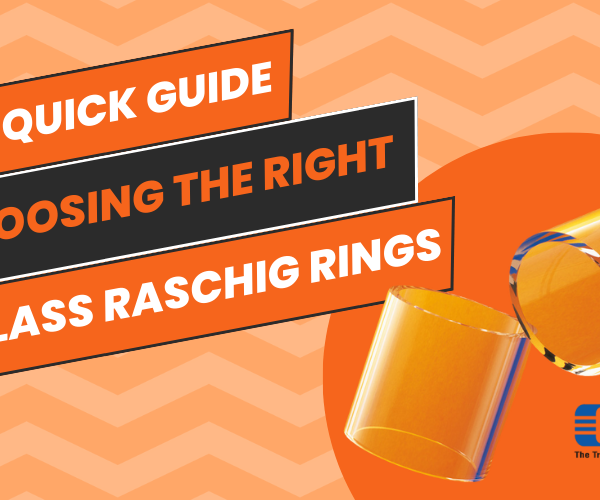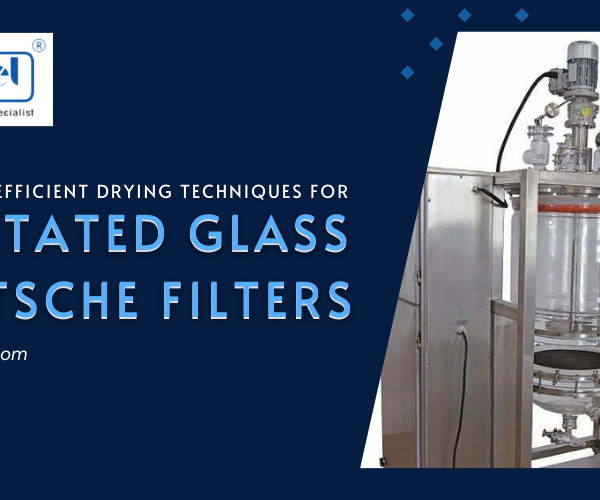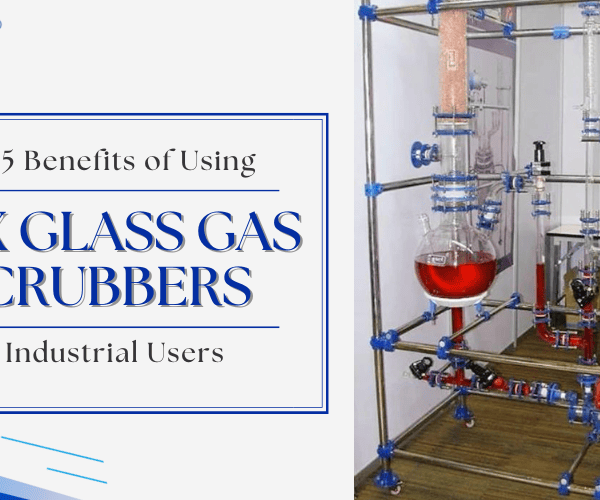Laboratory experiments demand precision and accuracy, and one key element often overlooked is the selection of the right laboratory glassware. In this guide, we, as experts in the field, will provide you with invaluable insights on making the optimal choices for your experiments.
Understanding the Experiment Requirements
Before delving into the vast array of laboratory glassware options, it’s crucial to understand the specific requirements of your experiment. Consider the type of chemicals involved, the temperature and pressure conditions, and the reaction dynamics. This initial step ensures that the chosen glassware aligns seamlessly with the experiment’s demands.
The Distinct Types of Laboratory Glassware
1. Beakers
Beakers are versatile vessels used for mixing, stirring, and heating liquids. Their cylindrical shape and flat bottom make them ideal for a wide range of applications. When selecting a beaker, consider the volume needed and the material compatibility.
2. Flasks
Flasks come in various shapes, including round-bottom and flat-bottom. Round-bottom flasks are suitable for reactions involving gases, while flat-bottom flasks provide stability during heating. Carefully match the flask type with your experiment’s requirements.
3. Test Tubes
Test tubes are essential for small-scale reactions and observations. With a range of sizes available, they are versatile tools for holding small quantities of substances. Ensure the test tubes chosen are heat-resistant and compatible with the experiment.
4. Pipettes and Burettes
Precision in liquid measurement is crucial, and pipettes and burettes play a vital role. Select the appropriate type and size based on the volume accuracy required for your experiment.
5. Petri Dishes
For cultivating microorganisms or observing small samples, petri dishes are indispensable. Choose sterile, high-quality dishes to maintain the integrity of your experiments.
Material Matters: Glass vs. Plastic
The choice between glass and plastic laboratory ware is pivotal. While glass offers superior chemical resistance and durability, plastic alternatives are often preferred for their affordability and disposability. We recommend assessing the experiment’s needs and budget constraints before making this crucial decision.
Ensuring Safety: Quality Assurance Matters
Laboratory safety is paramount, especially when working with specialized experiments or research projects. Always opt for laboratory glassware that adheres to industry standards, with a focus on “customized glassware.” Check for certifications and ensure that the glassware can withstand the specific conditions of your experiment to prevent accidents and ensure accurate results. This attention to detail in selecting the appropriate customized glassware is crucial for maintaining a secure and controlled laboratory environment.
Cleaning and Maintenance Tips
To maximize the lifespan of your laboratory glassware, proper cleaning and maintenance are imperative. Follow these tips:
- Avoid Abrasive Cleaners: Use non-abrasive cleaners to prevent scratches and maintain the glassware’s transparency.
- Regular Inspections: Periodically inspect glassware for any signs of wear, such as cracks or chips, and replace damaged items immediately.
- Proper Storage: Store glassware in designated areas to minimize the risk of breakage and contamination.
Conclusion
Choosing the right laboratory glassware, such as that offered by Goel Scientific Inc., is a pivotal step in ensuring the success and accuracy of your experiments. By understanding the specific needs of your research, exploring the distinct types of glassware available, and prioritizing safety and quality, you pave the way for successful scientific endeavors.




